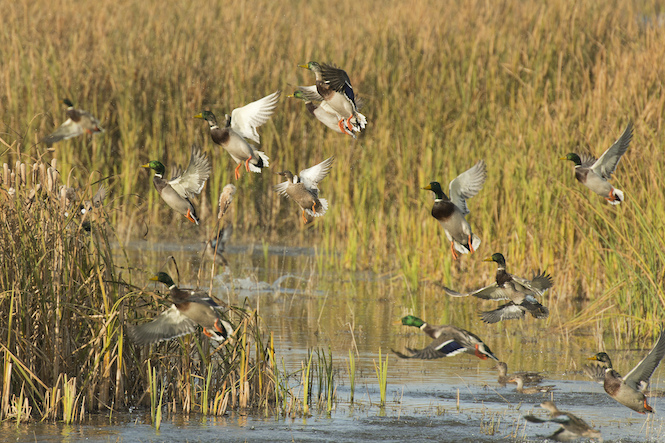Locate a War Eagle Dealer
Enter your zip code and we’ll locate the dealer nearest you.
Browse Our Products
Bass Models
Renegade Models
AGFC Asks Boaters to Carefully Clean Their Boats Before Waterfowl Season Opens in December

AGFC Asks Boaters to Carefully Clean Their Boats Before Waterfowl Season Opens in December
Winter in Arkansas is an exciting time for lovers of the outdoors who don’t mind the cold weather.
Waterfowl are in season again starting December 10th, meaning hunters across the state will be hitting the water with hopes of bringing home dinner the old-fashioned way.
To keep our state’s ecosystem healthy and balanced for years to come, the AGFC is asking boaters to check their equipment and vessels for any invasive species that could harm the environment.
Invasive plant species like giant salvinia, alligatorweed, water lettuce, and hydrilla can stow away on boats and other equipment and wreak havoc on local wildlife. Also keep an eye out for any insects, crustaceans, and even birds or mammals like nutria that could be hiding in your boat.
The AGFC maintains a list of invasive species and tips on how to identify them on its website. Any plants or wildlife should be removed from your equipment before you come near the water.
To prevent costly infestations, the AGFC is asking all boaters to “clean, drain, and dry.”
Boat owners should thoroughly clean all their equipment, including any trailers, waders, and decoys that might be touching the water directly or indirectly. Keep a special lookout for any plants, seeds, or vegetation that might be hitching a ride to the lake.
Drain your boat and let all of your gear dry thoroughly before putting it to use. The AGFC recommends at least 5 days of drying, followed by using a towel to wipe down any remaining wet surfaces before entering the water.
Also keep in mind that, per AGFC regulations, all drain plugs must be removed when your boat is not in the water. This includes immediately after leaving the water and during transport.
Invasive plant and animal species cost an estimated $137 billion per year in cleanup and damage control costs. These creatures can quickly overrun native species, damaging the environment, and causing wide-reaching knock-on effects that can seriously affect the waters we all enjoy.
Since everyone in the state loves Arkansas’ natural wilderness, anyone who is interacting with the water is asked to do so responsibly.
Dec 10, 2022 - If you notice any invasive species in the environment while you’re out hunting, take a look at this document from the AGFC for how to report them.
(870) 367-1554